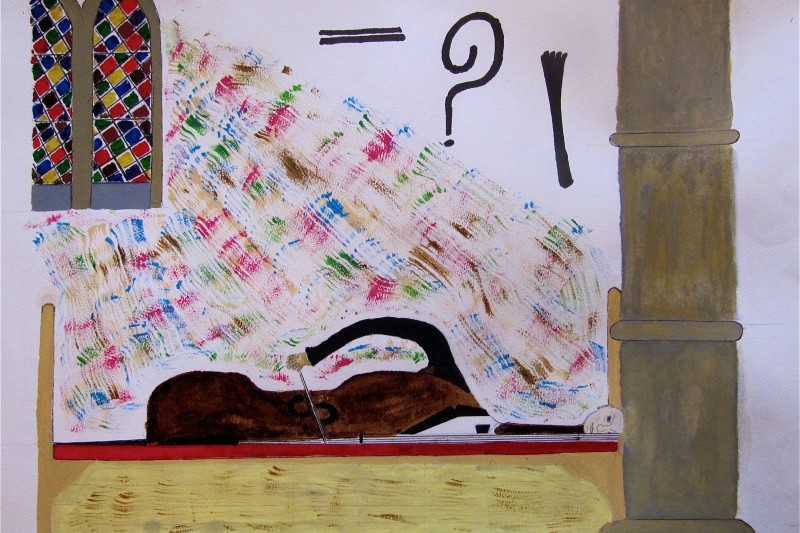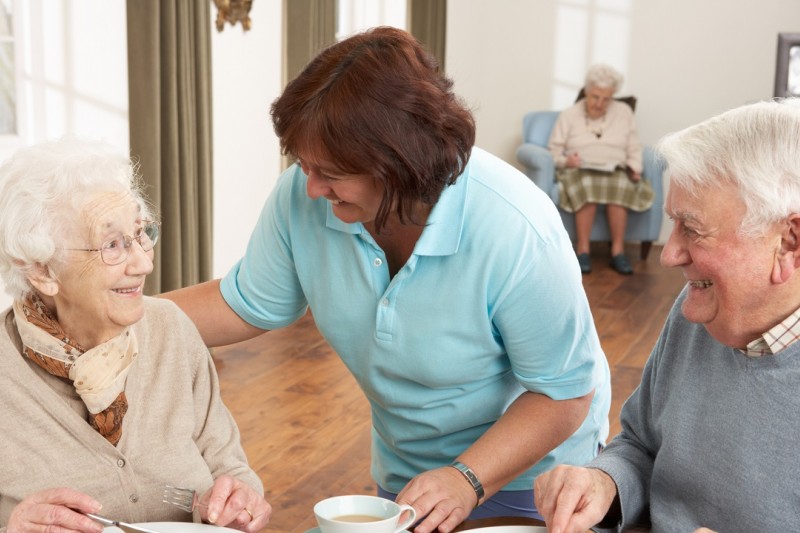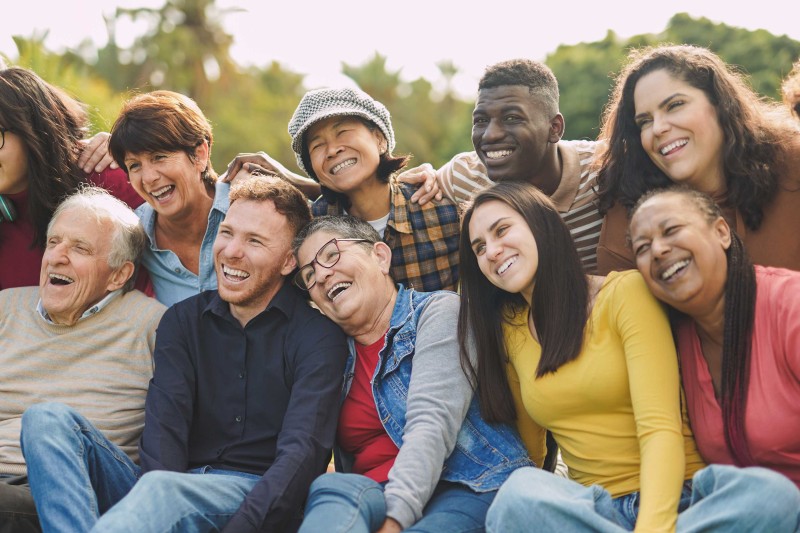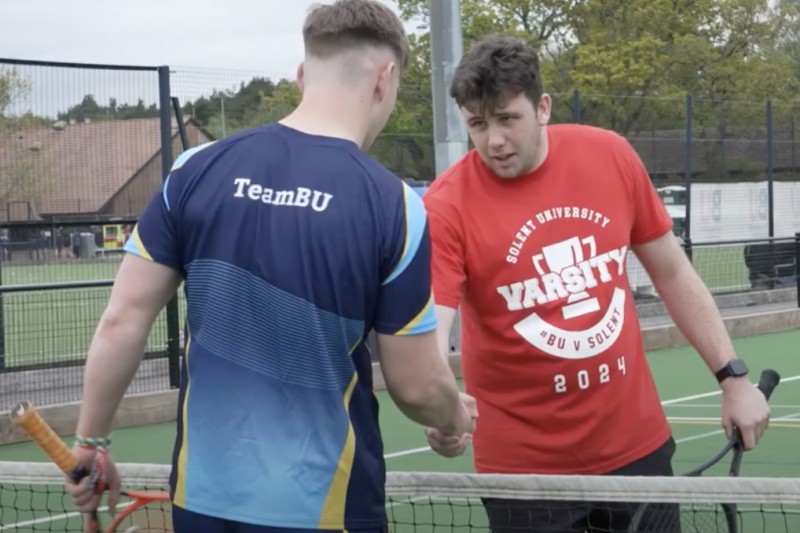The HeART of Stroke is a feasibility study of a randomised controlled trial of an Arts for Health group intervention to support self-confidence and psychological wellbeing following a stroke
Stroke, which is a leading cause of acquired physical disability, can lead to long term emotional distress which if unresolved, can lead to long-term costs for stroke survivors, their families and health and social services. Health services currently focus on the practical and visible aspects of life, leaving emotional challenges hidden. People often feel – ‘Who am I now?’ ‘How do I fit in?’ ; these hidden challenges can lead to loss of confidence and social isolation.
Separate theoretical models, based on empirical evidence, have been developed by Ellis-Hill and colleagues (Life Thread Model) and Gracey and colleagues ( Y-shaped shaped model) to understand the processes involved in re-establishing a positive sense of self and confidence in life following a stroke. Key is being able to reconstruct a sense of meaning, predictability and coherence in everyday life, when previously taken for granted assumptions no longer hold true; developing new ways of ‘being in the world’. Through the use of the imagination, Arts for Health (AfH) practices offer the opportunity for self-development using internal resources not usually available in everyday life. Within a group setting, a collective sense of identification and belonging facilitates the process of self-development and acceptance. This instils a sense of self-confidence, despite facing unfamiliarity, allowing people to get their lives ‘back on track’ and maintain or develop a sense of wellbeing
Arts and Health interventions have been shown to be helpful in GP practices for people who are isolated and have low confidence, however, their value has not been explored after a stroke. When using an Arts for Health (AfH) approach, people are supported in small groups to feel safe to express themselves through creative activity working alongside an artist. This allows them to explore their life situation and start to resolve ‘hidden’ psychological aspects. Creative arts offer the advantage of allowing people to express themselves without words.
We are planning a national study to test whether AfH is beneficial for stroke survivors following hospital discharge. To aid planning we are carrying out a small-scale study of AfH randomly allocating half of 64 stroke survivors to either A&H alongside usual care OR usual care only, to see if a) the methods we are planning work b) the ways of assessing participants’ well-being, mood, quality of life, confidence and use of health services are appropriate c) stroke survivors want to take part and d) they value the intervention.
We are carrying out the interventions in Bournemouth and Cambridgeshire
Funding
This two-year study has been funded by a grant from the National Institute for Health Research, Research for Patient Benefit (RfPB) Programme Ref no. PB-PG-0212-27054
To find out more about the exhibition linked with the project.
To see how the research has contributed to a National APPG report on Creativity, Health and Wellbeing.
Humanising practice
The group arts intervention is a humanising practice - to learn more about humanising practices please go to the Humanising web-pages.




